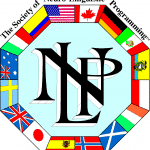Becoming an NLP Top Coach

According to Wikipedia, the definition of a Coach and Coaching as a profession is “Coaching is a form of development in which a person called a coach supports a learner or client in achieving a specific personal or professional goal by providing training and guidance.” People utilize a Coach to achieve goals, to have a sounding board, to discuss and work-out. The application of Coaching is legion. Coaching practices exist for a wide range of applications. Think about Coaching for Businesses, Dating, Life-Coaching, Financial Coaching and legion more.
NLP Milton Model
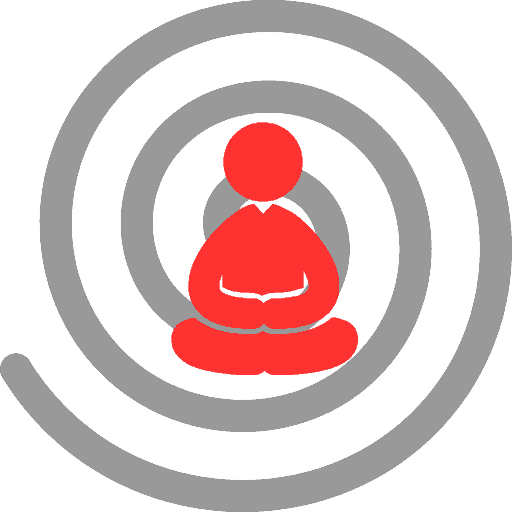
The NLP Milton Model. You’re about to discover what made Milton Erickson the modern day legend that he is until now. And you are about to discover how powerful the NLP Milton Model is. Have fun reading and practicing! Before we dive into Erickson’s magic language patterns, let’s answer the question: “Who was Milton Erickson?”.
Ordinal Numerals
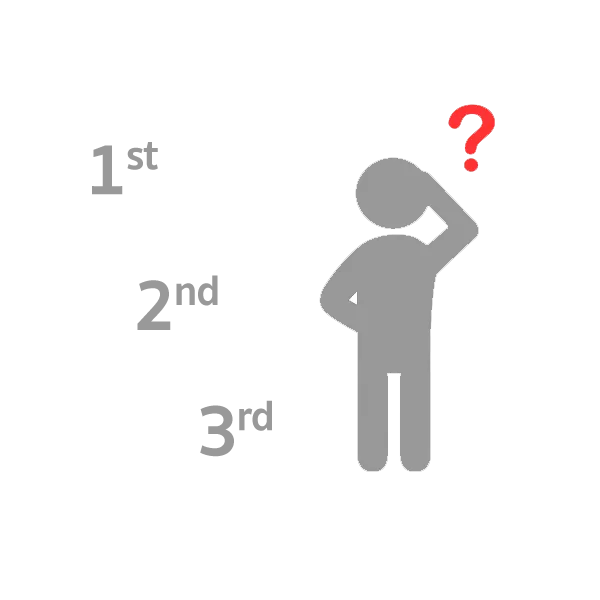
First promise me something. As you are reading this article about Ordinal Numerals, make sure you read it through the end. Second, promise yourself to practice this stuff a lot. Third, make notes and grow your own library of this stuff. Because if you complied with the first, second and third hint, you already know that the fourth is not that hard. Incorporate it in your knowledge-base of the Milton Model, specifically the Presuppositions. Questions?
NLP Meta Model

We invite you to consider several things about the NLP Meta Model as you explore the next pages. First, learn both how the NLP Meta Model is used for wonderful results and also how it can be misused, both are being discussed.
NLP Generalization
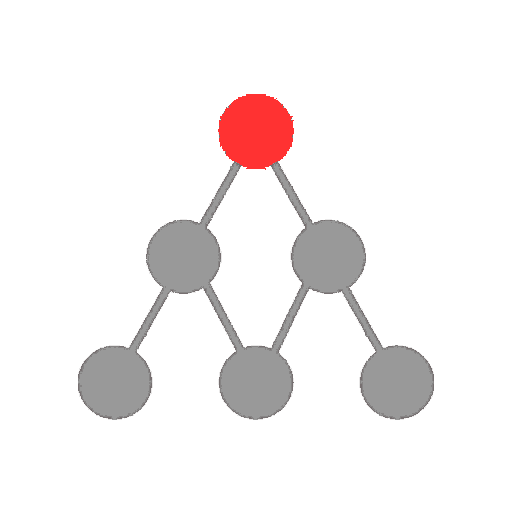
The third process in the NLP Meta Model is NLP generalization, also directed to Limits of the Speaker’s Model. Where we draw global conclusions based on one, two or more experiences what we call the process of NLP generalization. At its best, NLP generalization are one of the ways that we learn. We take the information we have and draw broad conclusions about the world based on one or more experiences. At its worst, generalization is how we take a single event and make it into a lifetime of experience.
NLP Distortion

In NLP Distortion is the second part of the NLP Meta Model. NLP Distortion, or Semantic Ill Formedness, occurs when we make shifts in our experience of sensory data by making misrepresentations of reality. Let’s start with a well known story of NLP distortion in Eastern philosophy. It is the story of the rope and the snake. A man walks along a road and sees what he believes to be a snake and yells, “SNAKE!”. However, upon closer investigation he is relieved to discover that it really was only a piece of rope.
NLP Nominalization

In NLP Nominalization is a verb, representing a process, which turned into a noun or an event or a concept. This is something that is more easily dealt with as a verb/process, than a noun/event. We naturally nominalize things all the time. It is a nominalization, “if you cannot put it in a wheelbarrow.” First of all, people nominalize things to try to get a handle on the, or to be more easily able to refer to them in simpler terms.
NLP Cause and Effect
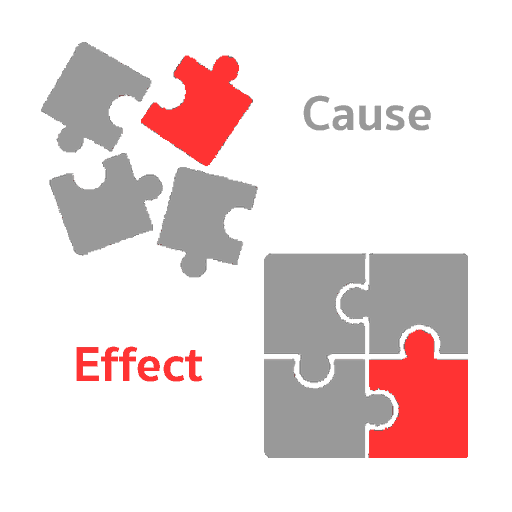
What is NLP Cause and Effect?
In NLP Cause and Effect is simple to explain. This language pattern indicates a causal relationship between one element or phrase and another. Because something causes or leads to something else, or makes something else occur. Cause and Effect statements are often heavily associated with beliefs and rules. Some keywords to listen for: “IF … THEN …” (even if the “THEN” part is implied), or, “WHEN … I/THEY/IT …”
NLP Lost Performative
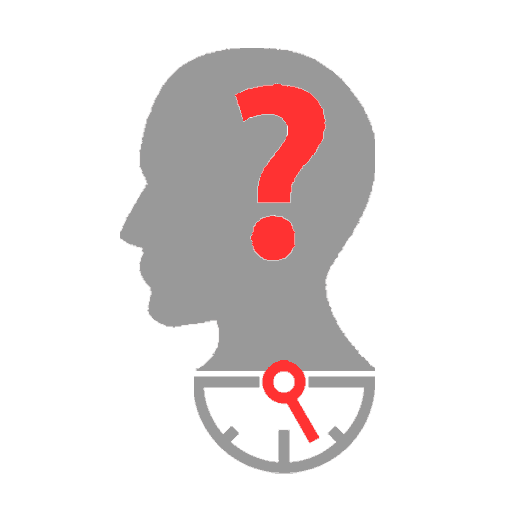
In NLP Lost Performative is any value judgement or opinion. The source of the judgement or opinion is absent. So often beliefs and opinions pass down from person to person. Eventually to the point where the belief or opinion is no longer relevant to the person offering it or contextually appropriate. Lost performatives are when someone is talking about a personal belief, but presents it as though it was a universal truth. We then accept it as true without questioning it as we would if we heard it as someone’s personal opinion.
NLP Complex Equivalence
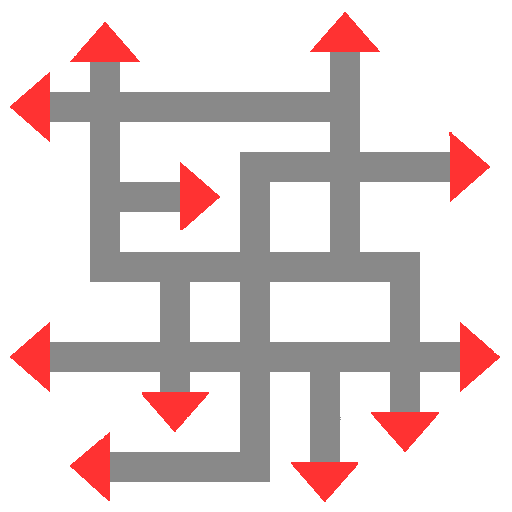
What is NLP Complex Equivalence
In NLP Complex Equivalence is a conclusion. It bases itself on a static belief that gives some conditions. The outcome will always be the same. NLP suggests that this is a close view of potential possibilities. It provides opportunities for learning, growth and change. Often, complex equivalences are used in the process to chunk up (or generalising) inappropriately. To make summary judgments that do not apply as widely as a person is implying.


